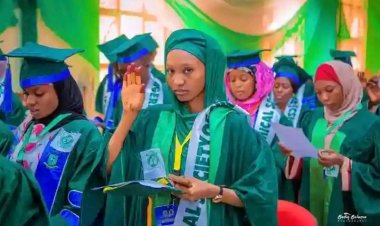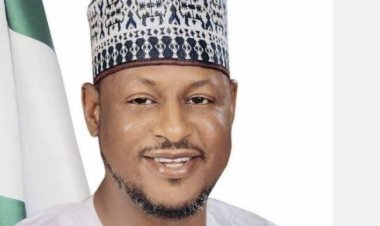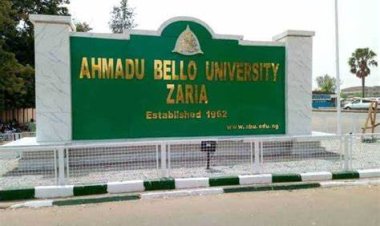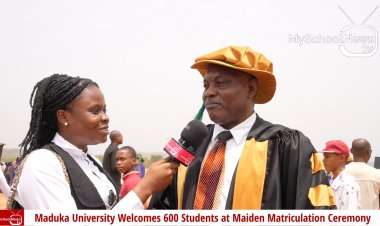University Professor Advocates for Removing Presidential Powers to Appoint INEC Chairman
In his view, Nigeria’s collapsing democracy is because the INEC chairman is being appointed by a president who, in most cases, has interest in elections being conducted by the same chairman.
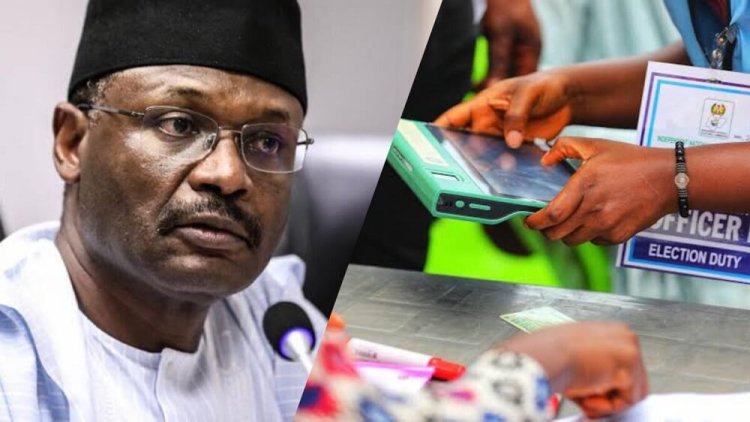
A university professor has argued for the removal of the president's authority to appoint the chairman of the Independent National Electoral Commission (INEC) in Nigeria. According to Prof. Nnamdi Okenwa, the Head of the Department of Mass Communication at Coal City University, Enugu, the country's democracy is at risk because the INEC chairman is appointed by the president, who often has a vested interest in the elections overseen by that chairman.
Prof. Okenwa made these remarks in response to a recent piece by former INEC chairman, Prof. Attahiru Jega, who advocated for chairmen of the electoral body to be appointed by a different process to prevent interference with election results.
READ MORE:Nigerian Billionaire Femi Otedola Donates N750 Million to Augustine University Students
While Prof. Okenwa acknowledged that Nigeria's electoral laws are not inherently flawed, he argued that the problems lie with the individuals who run the elections and allow themselves to be manipulated. He expressed concerns that appointees often find themselves beholden to the president, leading to electoral disputes ending up in the courts rather than being resolved in the field.
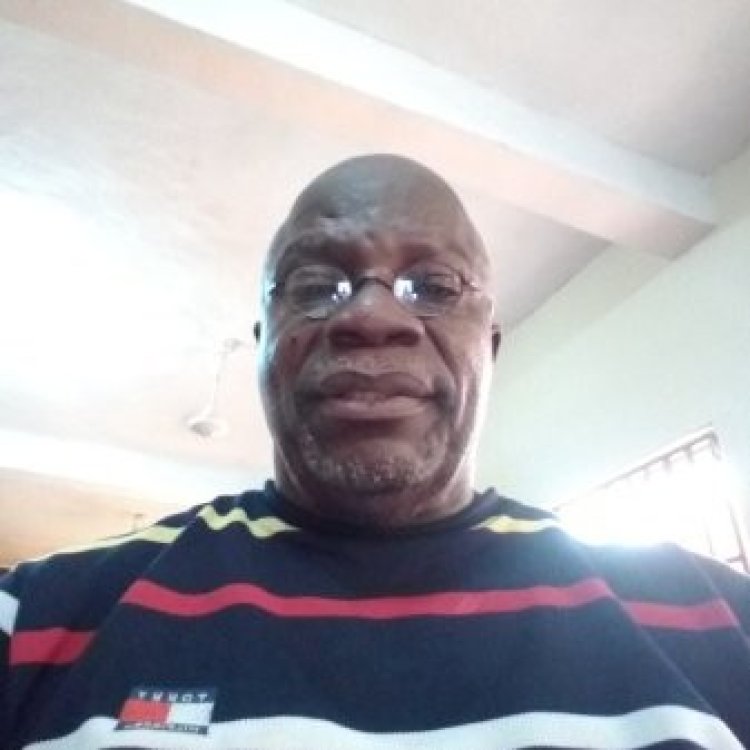
He further raised the question of whether it would be more beneficial to conduct elections entirely within the judicial system. Prof. Okenwa emphasized the need for electoral officials with impeccable integrity, suggesting that appointments should be made by a committee of individuals of proven integrity across the country, rather than solely by the president.
SEE ALSO:ESUT Makes Professional Membership Compulsory for Academic Staff
He urged the National Assembly to take a leading role in amending relevant laws to transfer appointment powers to a committee of individuals known for their integrity. He argued that while Nigeria claims to emulate the United States, it fails to adopt the ethical principles that make the American system work effectively. He stressed the need for an unambiguous constitution that would prevent confusion among judges in interpreting its provisions.
Prof. Okenwa's comments reflect concerns about the independence and integrity of electoral processes in Nigeria and highlight the importance of addressing these issues to strengthen the country's democracy.


